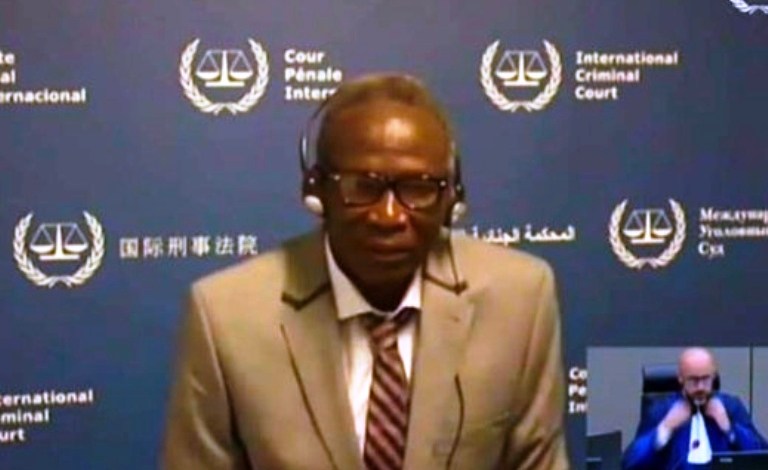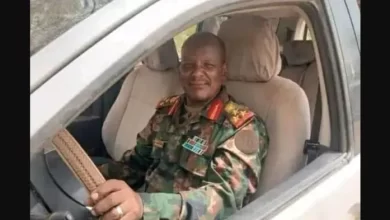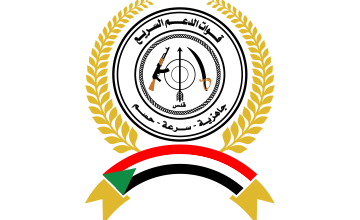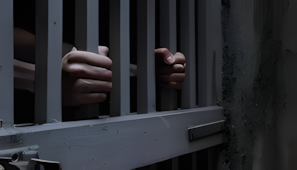ICC: Sudan’s refusal to cooperate is a clear violation of UNSC Resolutions

The official Spokesperson for the International Criminal Court (ICC), Fadi El-Abdallah, described the start of the closing arguments in the trial of Ali Kushayb as an “important stage” for it clearly demonstrates the manner in which justice will continue to strive towards verification, awarding the victims’ hope that justice will be achieved, in addition, the facts about what took place and those responsible will be revealed.
Ali Abd Al-Rahman Kushayb is on trial before the International Criminal Court after surrendering himself in (2019) on charges related to war crimes and crimes against humanity in Darfur during the period spanning from August (2002) to April (2004).
Statute of Limitations
Fadi El-Abdallah confirmed in press statements at the Court’s headquarters in (The Hague) today, Wednesday, that the serious crimes we are discussing in terms of the Rome Statute are, war crimes, genocide and crimes against humanity; have no statute of limitations (are not time-barred), and the prosecutions regarding them do not stop.
He added that the passage of time doesn’t stop the procedures before the court, and that only judges have the power to do so based on legal reasons. “Justice always continues to strive to serve the victims.”
Regarding the impact of the Kushayb trial on the situation in Sudan, the official Spokesperson stated that this is part of the necessary trials in Sudan as well as other places around the world, as there will be more trials, whether at the level of the International Criminal Court or at the level of national courts, “This is a requirement in order to clarify the truth, end the cycle of mutual violence and the pursuit of revenge through the presence of a judicial authority that decides, determines responsibilities and punishes.”
Reasons for the Delay
Regarding the delay in the trial procedures, El-Abdallah explained that procedures take a long time in terms of their reliance on external factors.
He pointed out that Sudan’s refusal to cooperate with the Court conveys a clear violation of Security Council resolutions, “Therefore, the court isn’t -primarily- responsible for this delay.”
He added: “It is rather necessary for the wanted person to be present before the Court since it doesn’t conduct trials in absentia.”
He noted that the Court lacks military forces, which -in turn- necessitates requesting cooperation from countries in matters of arrest and extradition.
El-Abdullah went on to state that following the arrest of the wanted person, another stage begins in which the procedures take longer than they usually do before the national judiciary, given that the cases are complex, significantly dangerous, and occur in wider geographical areas over extended periods of time.
He noted that the number of charges in a case ranges between (30 and 40) charges and sometimes reaches (70) charges.
The spokesperson for the International Criminal Court pointed out the importance of witness protection, in addition to pressures related to logistical reasons, as there’s an ample amount of evidence and it requires respecting the rights of the defense to obtain evidence in an organized and understandable manner that allows the latter to prepare a sound defense for its client. He described these procedures as necessary for conducting fair trials.
In his press statements, El-Abdullah pointed out that there are other necessities, such as translation, for there are witnesses who don’t speak the official languages of the Court, which requires documents translation, in addition to the need to take appeal into consideration as a principle of justice, “Therefore, the procedures may be more complicated and take longer periods at times.”
Continuity of the Court
The (ICC) Spokesperson reiterated that the main message is, the continuation of the Court and its determination to uncover the truth, achieve justice, and protect the victims, even if it takes a long time, especially since its a last resort because these cases aren’t carried out at the national level, as said level is unable or unwilling to conduct prosecutions.
In Sudan’s case, El-Abdullah pointed to the possibility of referring the matter to the Security Council because the investigation was opened based on the referral of the Security Council, and in his decision when he asked the Court to open the investigation, he obligated the Sudanese State to cooperate with the court, and its failure to comply is a violation of the Security Council resolutions. This requires proof of the aforementioned non-cooperation as well as proof of the existence of requests from the Court that were met with refusal from the relevant authorities.
Sudan’s Cooperation
In response to a question from (Al-Taghyeer) in regards to whether the Court has asked the Port Sudan government to extradite the wanted persons present in areas controlled by the Army, the spokesperson for the International Criminal Court confirmed numerous previous requests have been made, however, he indicated that it is up to the Port Sudan government to discuss the matter.
He expressed hope that the presence of the Public Prosecutor and Sudanese officials at Kushayb’s trial today would be an initiative to continue cooperation in a way that speeds up the justice procedures, noting that the trial is public and everyone is welcome to attend.
El-Abdullah responded to (Al-Taghyeer)’s question regarding cooperation with the transitional government, by stating that the Public Prosecutor had made statements at the time about the beginning of the cooperation and seeking to strengthen building steps. However, circumstances later changed. As he expressed hope that stability would return to Sudan to allow for a chance to strengthen cooperation.
Threatening US Sanctions
In response to a question from (Al-Taghyeer) in regards to the threat of US sanctions on the International Criminal Court, the predicted extent of their impact on the ICC’s duties and the precautions they have taken, El-Abdullah shared that he prefers not to get ahead of things. Referencing the previous sanctions on the former prosecutor and one of her employees, he stated that it didn’t affect the continuation of the procedures, which were necessary and fair. El-Abdullah added that the aforementioned didn’t dissuade the judges from issuing rulings on the requests submitted by the current prosecutor.
El-Abdullah reaffirmed that the Court will continue to carry out its legal duties despite the concerns, as its the role assigned to it by the Member States of the Rome Statute Treaty, regardless of any political issues that go beyond the legal framework and evidence.
He expressed his conviction that the States that entrusted this task to the Court are obligated to cooperate with it and enable it to perform its role.





